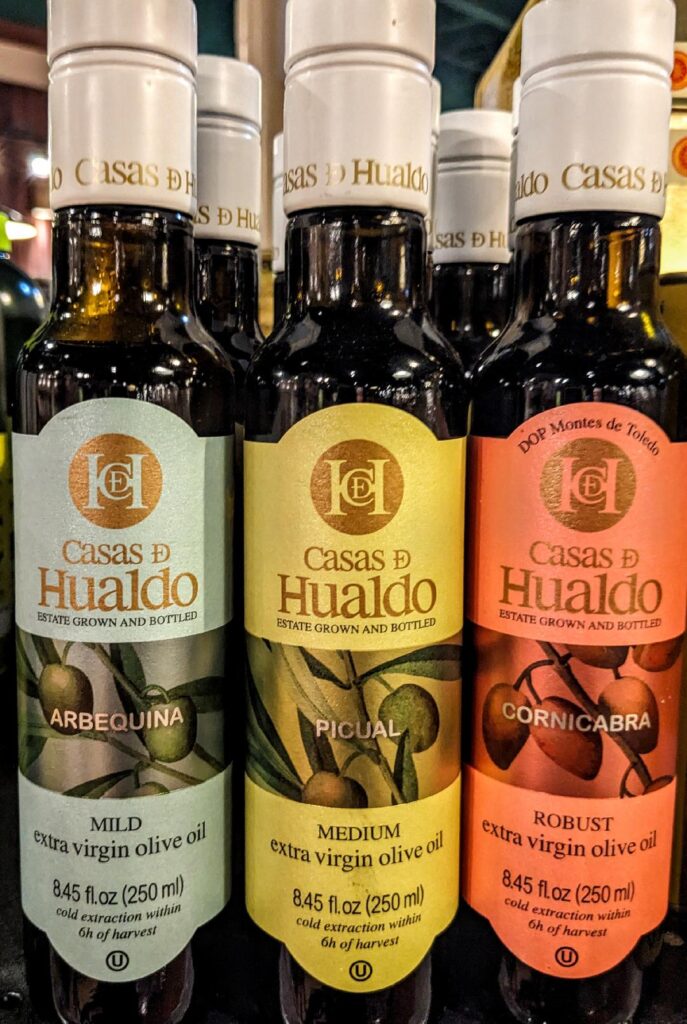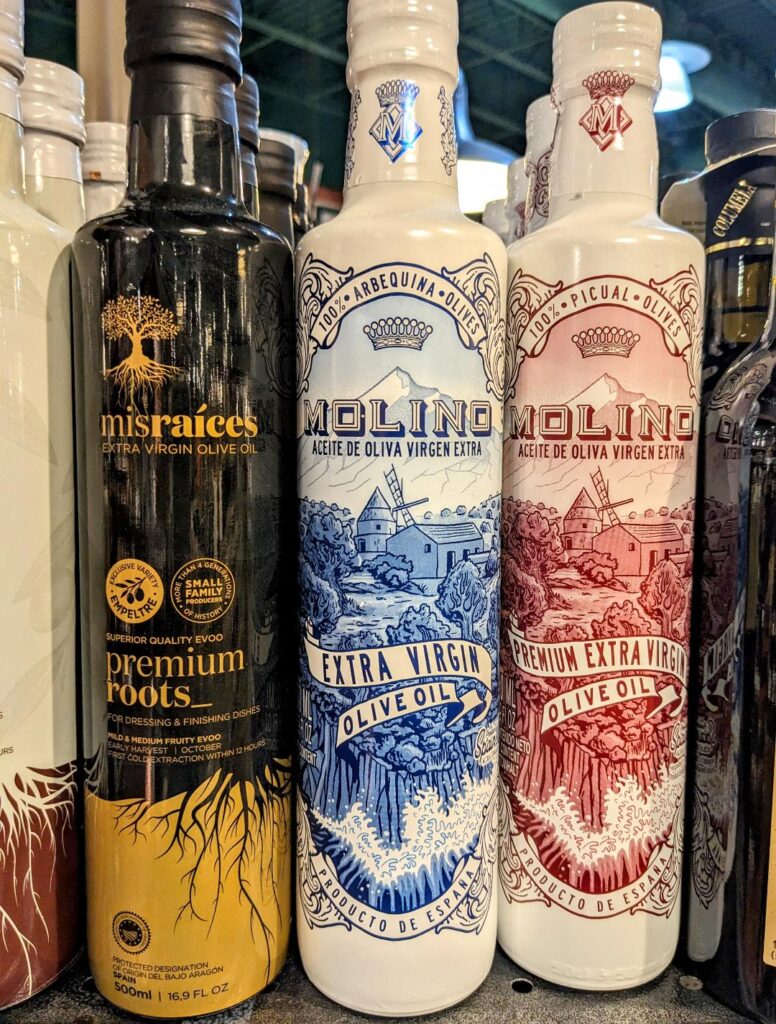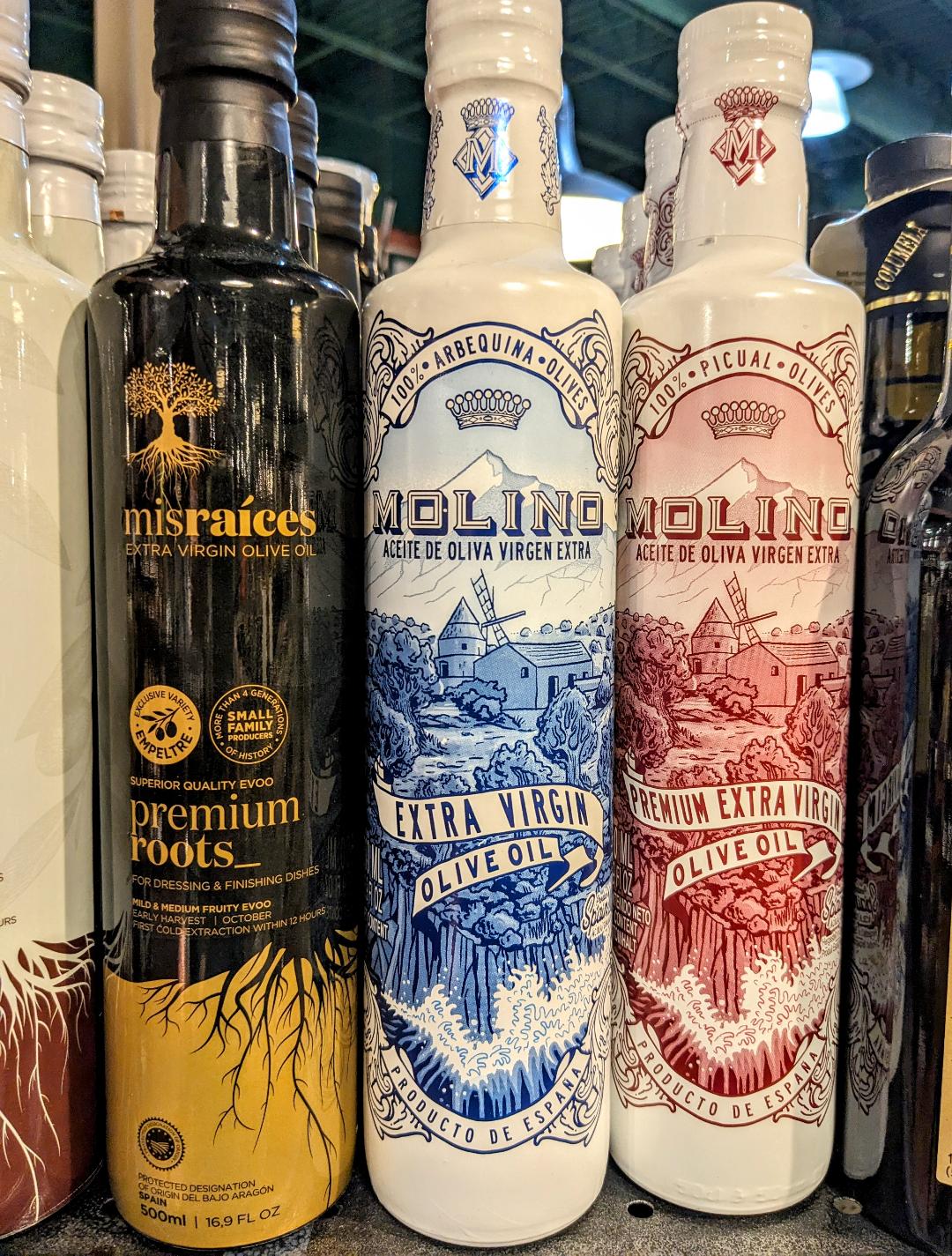It can be a beautiful, albeit, intimidating sight, all those lovely cans and bottles of cooking oils at the grocer’s. If you’ve found yourself at a loss, and choosing oil based on the label, you’re not alone.
When cooking with Wagyu Beef from Hartland Farm, oil with less flavor is actually desirable. Chocolate fed Wagyu beef has rich marbling which lends an intense flavor that doesn’t need much outside compensation. There’s no need to rub copious amounts of salt and pepper onto the meat to release its flavor (a little will do): the meat is naturally flavorful. Store bought steak sauces and dry rubs need not apply when cooking with Hartland Farm Wagyu Beef.

Because of its delicate marbling that’s found throughout the meat, the preferred cooking temperature for Wagyu beef is much lower than with other meats. As a result a more refined, gentle cooking oil or butter can be used. When cooking with Hartland Farm Wagyu, we want to preserve the marbling and the natural flavors of the meat. Too high of a cooking temperature may burn off the unique flavor for which our chocolate fed Wagyu Beef is desired.
If you’re new to cooking, or find that you don’t want to or enjoy working on detailed menus and recipes, cooking with Wagyu beef may be the answer. Limited ingredients are needed to create a delicious meal. Steaks cooked in a cast iron skillet and topped with a dollop of freshly made herbed butter served with roasted potatoes with carrots, and a side salad you have a delicious, flavorful meal.
Storing Cooking Oils
I see many photos of gorgeous, envious, kitchens on Instagram with bottles of cooking oils stored in a way to appreciate the bottles, and I’m sure to have easy access to said oils. This got me thinking, is having oil exposed to light and heat a good thing? Turns out, it’s not.
You’ll notice cooking oils often come in tins or green bottles. The green of the glass and plastic protects the oils from damaging light.
Oil should be stored in a cool, dry, dark space. Light, heat, and oxygen can deteriorate the flavor, if not cause the oil to spoil. A few cooking sources caution against transferring oils into a new, perhaps more decorative container, for the transfer from one container to another will introduce excess oxygen to the oil.

If you are buying large, cumbersome tins because you cook often, consider transferring some of the oil to a smaller, more manageable container that is also stored in a cool, dark place. The day-to-day oil container should be large enough so that you are not refilling it on a weekly basis. The less often you open the main container of oil, the better. Clean the container thoroughly each time you refill it and ensure it has a tight seal.

